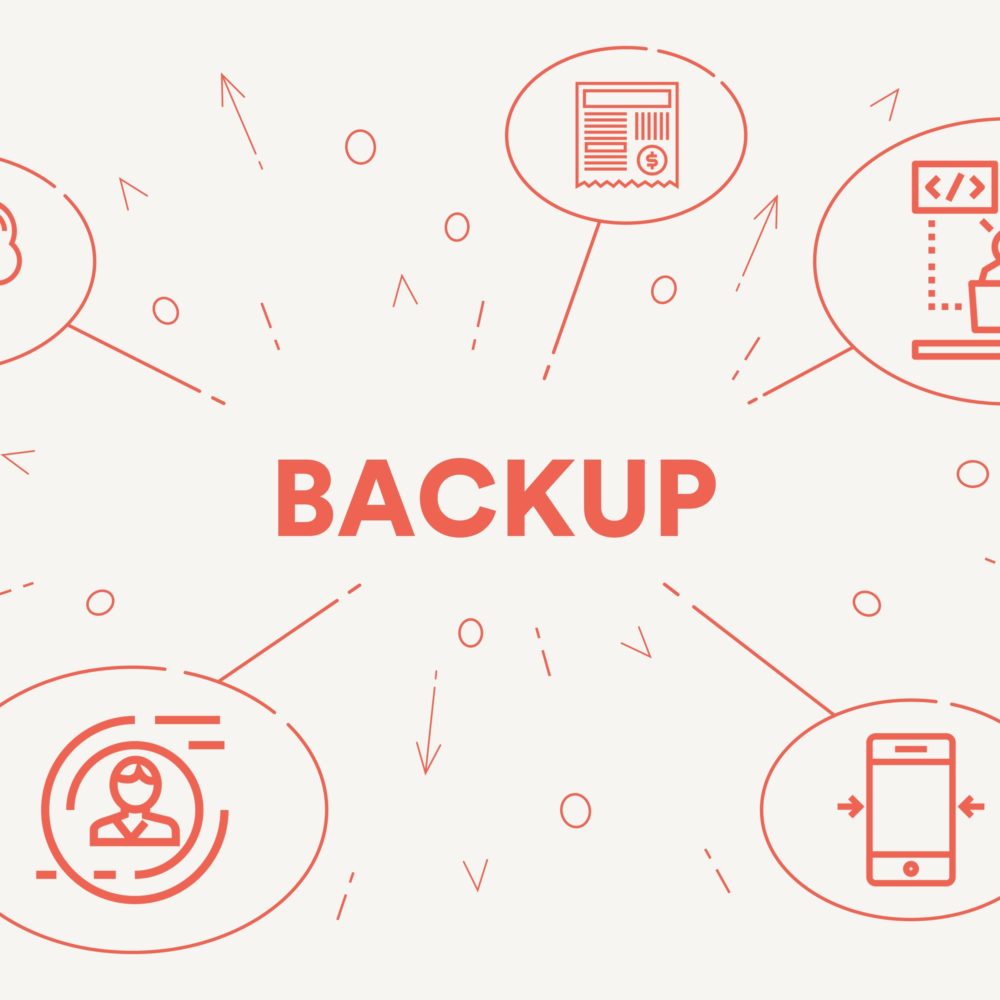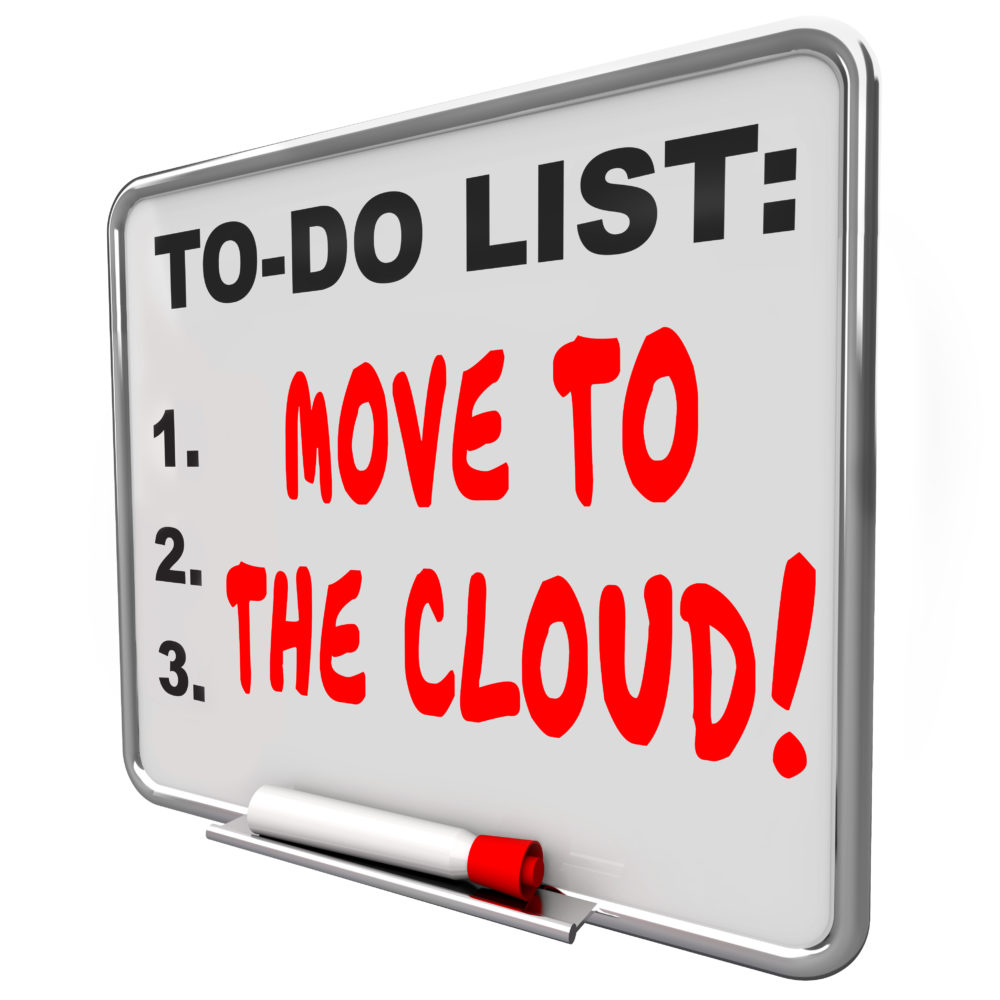The bad guys are taking advantage of innocent employees by posing as one of your organization’s executives or even your CEO. Using methods of urgency and authority, they intimidate you into buying gift cards for “business reasons”. This trick has been around for a while, but recently these scammers are taking it one step further and requesting your personal cell number to communicate with you while you do what they ask.

Here’s how it works: They send an “urgent” email that looks like it comes from an executive in your organization. They create a sense of urgency by using subject lines such as “QUICK RESPONSE”, and they intimidate you by saying: “Give me your personal cell number. I need you to complete a task for me”. Once the bad guy has your number they put even more pressure on you to complete the task before you have time to think!
Don’t give in and hand these criminals your personal number and your organization’s money! Stop and think before you respond:
- Do you recognize the email address? Even if the email appears to be legitimate, question it.
- Do you usually receive requests like this, or is this unusual? Call the executive or your supervisor to validate this request before responding or buying gift cards.
Stop, Look, and Think. Don’t be fooled.







